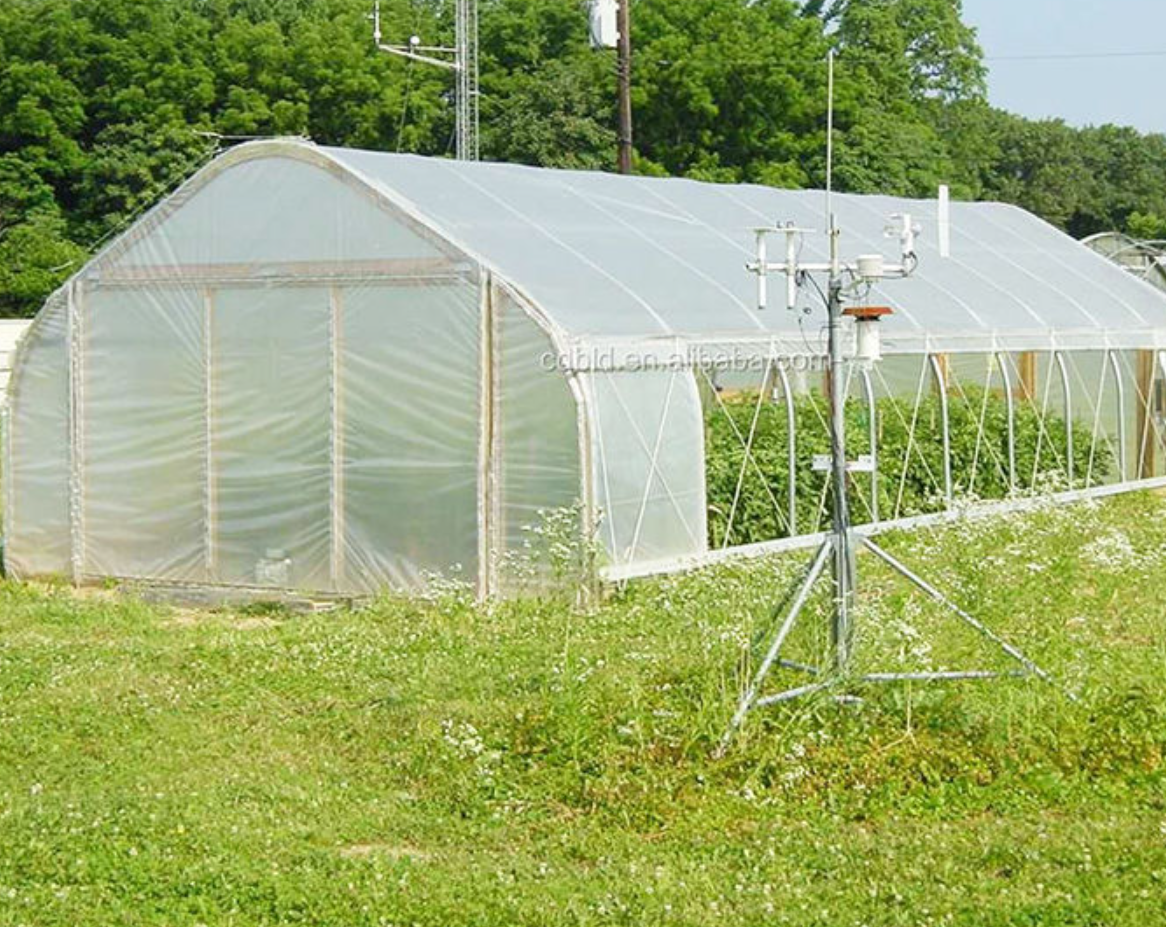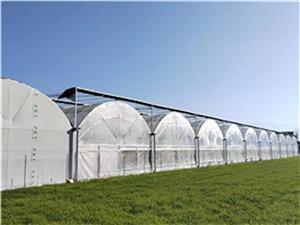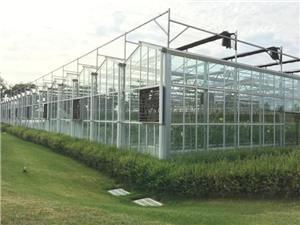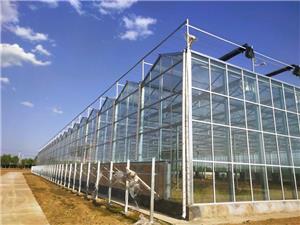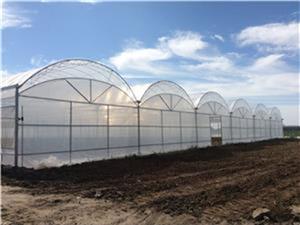Greenhouse Farming Insights & Innovations
With the world facing increasingly severe climate challenges, resource shortages, and a growing demand for high-quality agricultural products, greenhouse agriculture has emerged as a vital solution in modern farming. From arid deserts to humid tropical regions, greenhouses offer a stable, efficient, and scalable year-round method for crop cultivation.
Why choose greenhouse agriculture?
Unlike field cultivation, greenhouses offer a controlled environment where temperature, humidity, light, and irrigation can be fine-tuned to meet the needs of each crop. This leads to:
Higher yield: Compared with traditional agriculture, the yield per square meter is higher.
Resource efficiency: Reducing waste of water and fertilizers, especially through drip irrigation and hydroponic systems.
Year-round production: rainproof, windproof, snowproof and extreme temperature resistant
Reduce pest and disease pressure: healthier plants and less pesticide use
Better crop quality: uniform size, taste and marketability
Main Types of Greenhouses and Their Applications
Type Best Suited to Characteristics
Multi-span Greenhouse Commercial-scale vegetable or fruit cultivation Strong structure, high space utilization, cost-effective
Glass Greenhouse High-end agriculture, exhibitions or research Excellent light transmission, high-quality appearance
PC Sheet Greenhouse Variable climates, mixed crops Good insulation, long service life, UV protection
Tunnel Greenhouse Entry-level or small-scale farms Low cost, easy installation, flexible layout
Technology Trends: Smarter Greenhouses for Smarter Agriculture
Modern greenhouses are no longer just plastic and steel; they are evolving into intelligent, data-driven growing systems. Key innovations include:
Drip irrigation and fertilization system: delivers water and nutrients directly to the roots while minimizing waste.
Ventilation and cooling technology: Evaporative cooling pads, exhaust fans and roof vents maintain ideal air flow.
Automation and remote monitoring:
Control temperature, light, humidity and irrigation via mobile phones or computers.
Hydroponic systems (NFT, DWC)
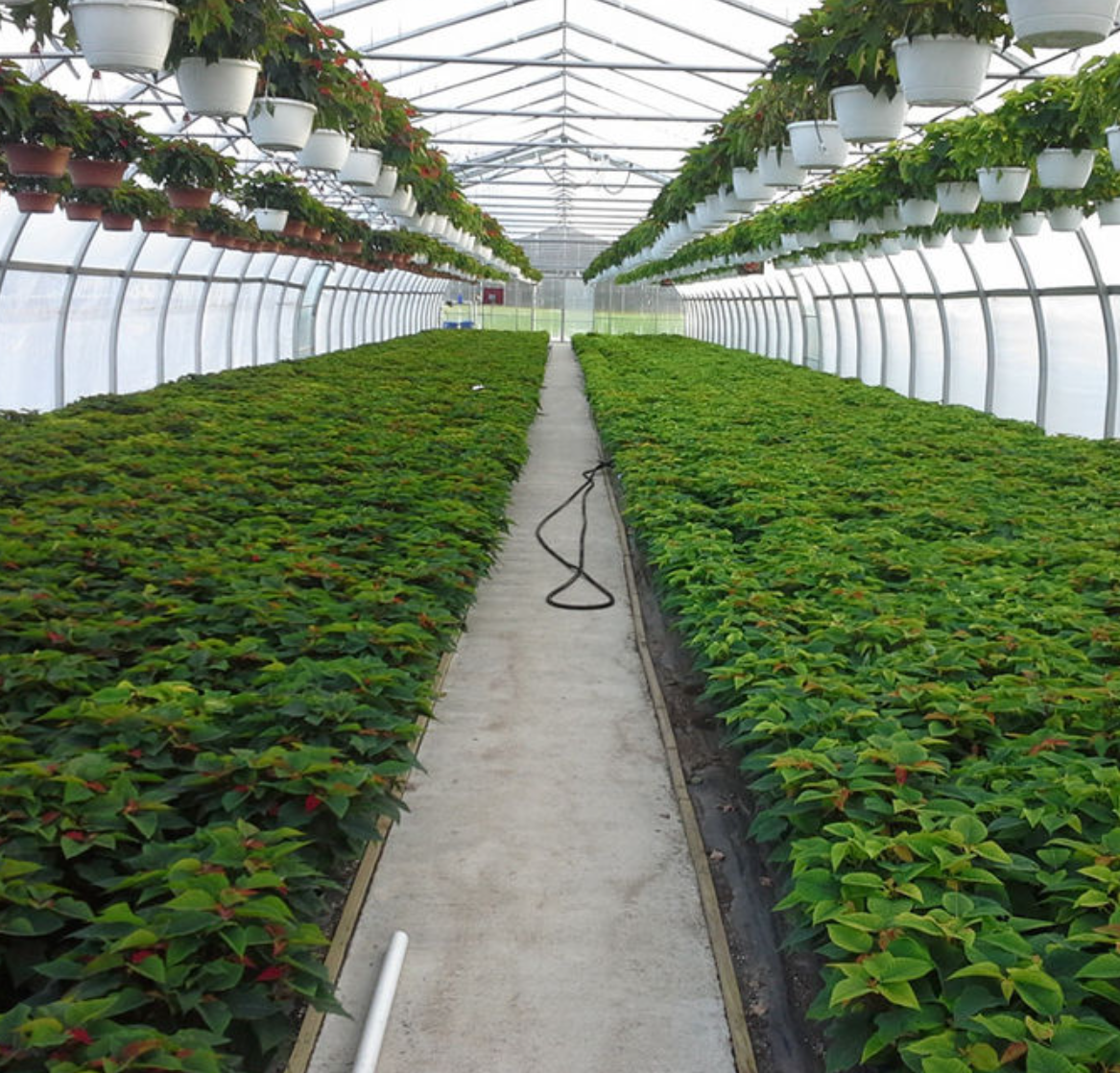
Efficient for growing leafy vegetables, herbs and strawberries without soil.
The most important places for greenhouse agriculture are in the following regions:
Middle East and North Africa (MENA): For water conservation and heat-resistant cultivation.
Southeast Asia: Guarding against Heavy Rainfall and Disease Pressure
Europe and North America: For year-round production and organic farming
Africa and Latin America: Promoting Food Security and Exporting High-Quality Crops
Are you ready to build your greenhouse?
